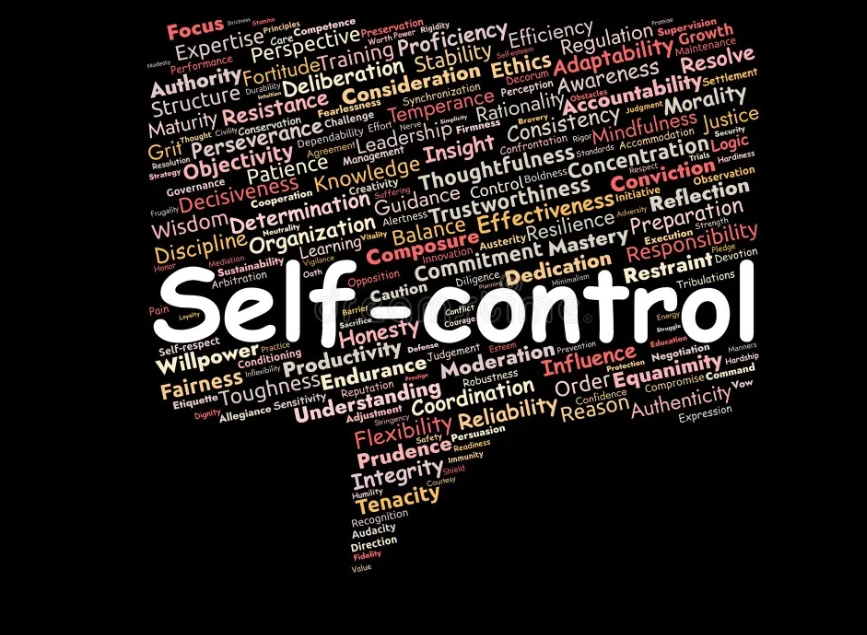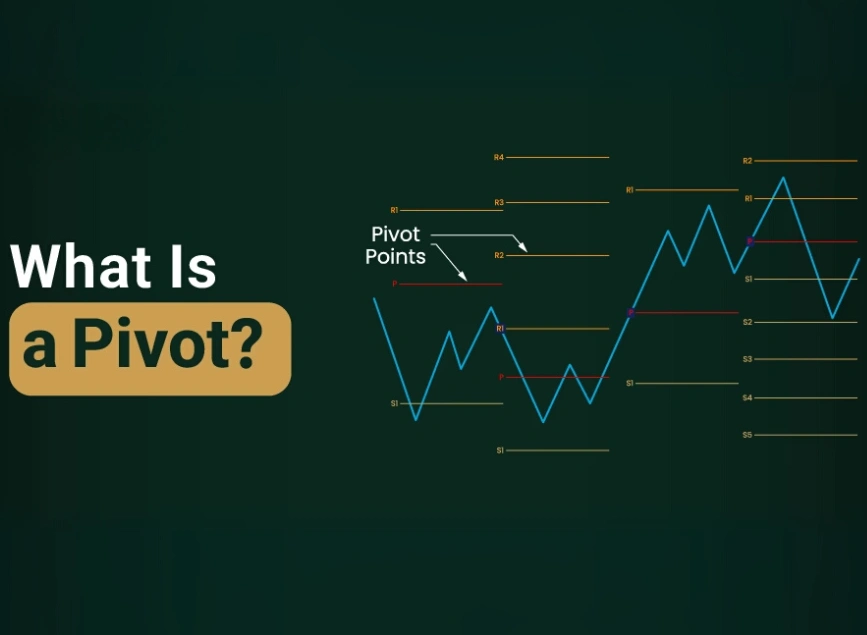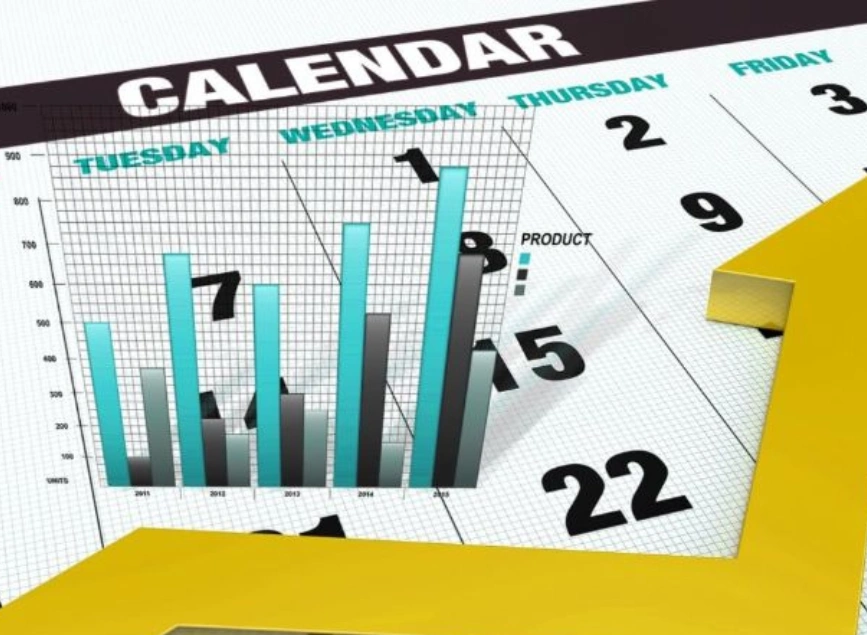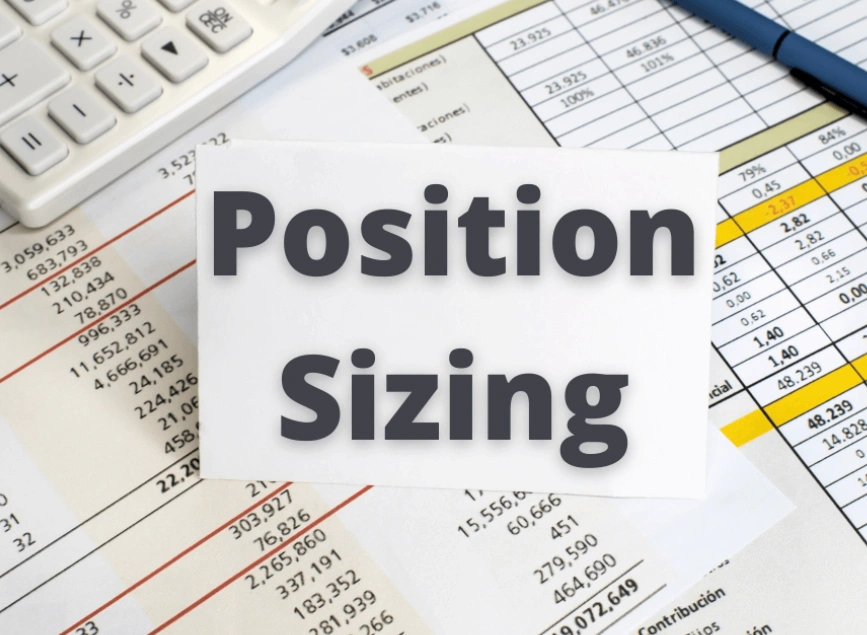
Survive the Markets by Controlling Yourself First (Not the Charts)
Estimated reading time: 4 minutes
Table of contents
If you’ve ever felt like the market “turned against you” just after you entered a trade, you’re not alone. Learning strategies to survive the markets is crucial, as thousands of traders face the same emotional rollercoaster, jumping into trades from fear, holding on out of hope, and blowing up accounts because of ego.
What separates the survivors from the quitters isn’t IQ, signals, or even strategy, it’s self-control.
In this post, we’ll break down why mastering yourself is the true path to trading success and how to actually do it.
Why You Can’t Control the Market (But Can Control Yourself)
The harsh truth: markets are chaotic, unpredictable, and driven by millions of factors, most of which you’ll never fully understand.
Trying to control the market is like trying to control the wind. But you can learn to sail. That sail is your mindset. 🎯
🔍 Here’s what happens when you chase the market:
- You overtrade because of FOMO
- You hold losers too long because of hope
- You revenge trade because of anger
- You exit too early because of fear
None of these are technical issues. They’re emotional. That’s why mastering yourself is the only real edge.
The Psychology Behind Trading Mistakes (Survive the Markets)
Let’s get real: most of your losses aren’t due to bad signals, they’re due to bad reactions.
Here’s a simple breakdown:
| Emotion | Trigger | Common Mistake | Fix |
|---|---|---|---|
| Fear | Price moves against you | Early exit / panic sell | Use stop-loss + accept small loss |
| Greed | Small gain shows up fast | No exit / over-leverage | Pre-define profit target |
| Anger | After a losing trade | Revenge trading | Take a break / journal the trade |
| Hope | Losing trade still running | Refuse to close position | Revisit your trading plan |
💡 Discipline isn’t a skill, it’s a choice you make every day.
5 Steps to Master Yourself in Trading
1. Have a Written Trading Plan
Without a plan, you’re just reacting. Define:
- Entry/exit rules
- Risk per trade
- Maximum trades per day
2. Journal Every Trade
Log how you felt, not just what you did. Were you anxious? Rushed? Overconfident?
Over time, patterns will emerge.
3. Use Hard Stop-Losses
A stop-loss is not just technical, it’s psychological armor. Respect it like a parachute.
4. Take Scheduled Breaks
Step away after 2–3 trades. A clear mind outperforms a stressed one.
5. Practice Mindfulness or Meditation
Just 5–10 minutes a day can help reduce reactivity and improve focus.
Real Example: The $5K Blowup That Changed Everything
One trader shared how he turned $1,000 into $5,000… and lost it all in a single night. Why?
He got cocky. Doubled down. No stops. No sleep.
Today, he trades small, follows his plan like a machine, and hasn’t had a blow-up in 18 months.
“That $5K loss was the tuition I paid to finally take control of myself.”
Remember: The Market Is a Mirror
Every trade you make reflects you, your fears, your habits, your beliefs.
The moment you stop trying to beat the market and start mastering yourself, you’ll finally start surviving and eventually, thriving.
Summary: Key Takeaways
✅ You can’t predict or control the market but you can control how you react
✅ Emotions like fear, greed, and anger are what truly sabotage your trades
✅ Self-mastery requires planning, reflection, and consistent habits
✅ The best traders aren’t the smartest, they’re the most disciplined
🚀 Ready to Take the First Step?
Start by journaling your next 10 trades. Track your decisions and emotions.
Notice the patterns. Then work to fix the reactions not just the setups.
❓ FAQ: Mastering Yourself in Trading
Q1: Can I be a successful trader without mastering emotions?
A: Not likely. Even the best technical strategy will fail without emotional discipline.
Q2: What’s the best way to start controlling my emotions while trading?
A: Use a trading journal and set clear rules. Build structure before you need it.
Q3: How long does it take to build discipline in trading?
A: It varies, but most traders see improvement within 30–60 days of conscious effort.
Q4: Do professional traders still struggle with emotions?
A: Absolutely but they have systems and habits to manage them quickly.
Share
Hot topics

Best broker for gold trading
There’s always been a certain magic about gold. Before online charts and trading applications, people stored their wealth in coins and bars, trusting that gold would retain its value during...
Read more




Submit comment
Your email address will not be published. Required fields are marked *